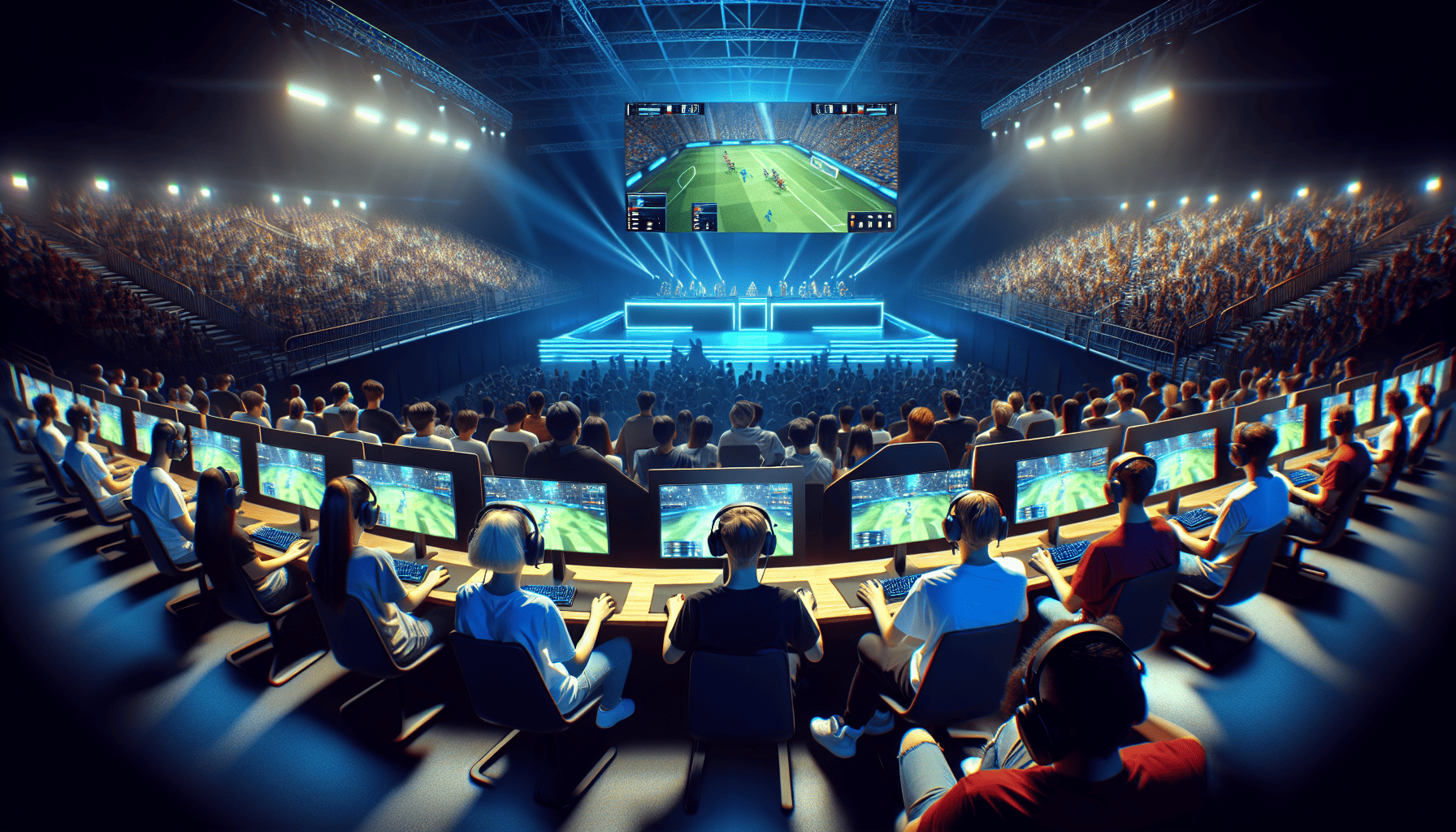The world of competitive gaming, more commonly known as e-sports, has evolved from a niche hobby to a global phenomenon. As digital landscapes interconnect players worldwide, e-sports have emerged as a vibrant ecosystem replete with high-stakes tournament play, professional athletes, and a passionate fanbase. Game Forge Labs takes an in-depth look at the explosive growth of this exciting industry, the hurdles it faces, and the iconic tournaments and players who have defined it.
As digital technology advanced exponentially over the past few decades, so too did the accessibility and quality of video games. What began as informal gatherings among friends has burgeoned into professional competitions that fill stadiums and attract millions of online spectators. The global e-sports market is forecast to surpass a billion dollars in revenue, driven by sponsorships, media rights, and growing interest from mainstream audiences.
Central to this boom are the titanic tournaments, which have become annual highlights for fans. Events like "The International" for Dota 2, or "League of Legends World Championship," feature staggering prize pools, sometimes reaching tens of millions of dollars. These competitions are not only spectacles of skill and strategy but also celebrations that define the culture and camaraderie at the core of e-sports.
At the heart of the scene are the players themselves, the athletes often catapulted to stardom due to their exceptional skill and dedication. E-sports professionals like Lee "Faker" Sang-hyeok (League of Legends) and Johan "N0tail" Sundstein (Dota 2) are revered for their game-changing performances and have become role models for aspiring gamers around the globe. Just as in traditional sports, these players endure rigorous training regimes, often streaming practice sessions to engage with and grow their fanbase.
Despite its rapid ascent, the e-sports industry faces significant challenges. Chief among them is the sustainability of career paths for players, who often retire early due to burnout and the intense demands of competitive play. Moreover, the industry grapples with issues such as managing global viewership rights, ensuring fair play, and navigating the regulatory differences across countries.
There's also the ongoing conversation around inclusivity and diversity, as e-sports seeks to cultivate an environment welcoming to all, regardless of gender or race. With key organizations like Women in Games and initiatives promoting diversity in gaming, the industry is taking essential steps to ensure a broader representation among its ranks.
Such challenges present opportunities for innovation and collaboration, as stakeholders from game developers to sponsors align to fortify e-sports' infrastructure. As technology continues to progress, virtual and augmented reality could revolutionize how audiences engage with e-sports, further blurring the lines between spectatorship and participation.
In conclusion, competitive gaming stands as a testament to the dynamic world of entertainment, blending technology, skill, and community in a way never before seen. As e-sports continue their meteoric rise, they remain defined by their ability to adapt and innovate, setting the stage for an exciting future. Whether you're a casual fan, a seasoned player, or an industry insider, there is little doubt that e-sports will remain a major player on the global stage, inspiring and exciting individuals across the world.
